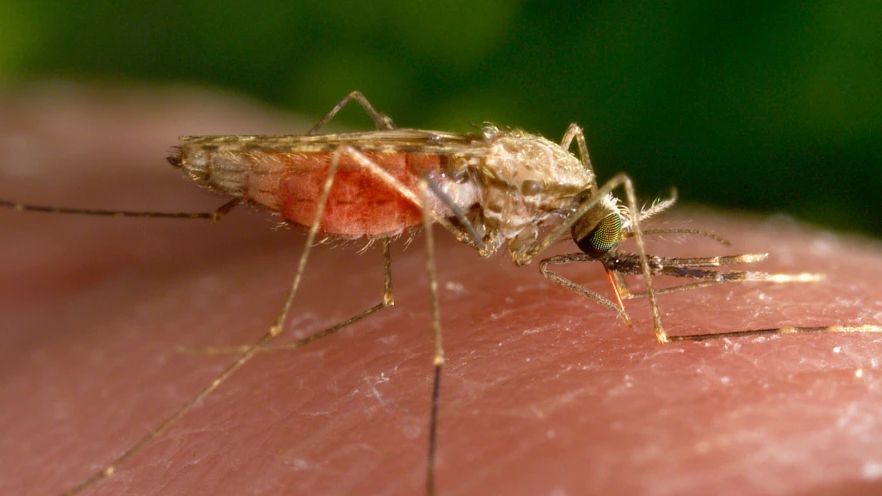TEXAS —Earlier this week, malaria cases were reported in Texas and Florida. Those cases are the first reported in the U.S. in two decades, prompting the U.S. Centers for Disease Control and Prevention to issue a health alert. Four cases were reported in Florida and one in Texas.
Malaria is caused by a parasite that spreads through mosquito bites. Symptoms include fever, chills and flu-like illness. If it goes untreated, infected people can develop severe complications and die. The largest death toll in recent years has been seen in children in sub-Saharan Africa.
There were an estimated 241 million cases of malaria in 2020 worldwide, with more than 620,000 people dying from the disease. About 2,000 cases of malaria are diagnosed in the U.S. each year, most of which originate from people traveling or immigrants returning from countries where malaria transmission occurs. Traveling to sub-Saharan Africa puts travelers at the greatest risk of both getting malaria and dying from their infection, according to the CDC.
While preparing to travel, the CDC advises people to obtain a detailed itinerary that includes all the possible destinations on the trip to see if malaria transmission occurs in those locations. Conduct an individual risk assessment before traveling. The risk of contracting malaria differs significantly from region to region and also varies amongst the different kinds of travelers. Taking the correct preventative drugs to combat malaria will also depend on the country of travel. The CDC reminds travelers that no antimalarial drug is 100% protective, and must be combined with other preventative measures such as wearing long sleeves and pants, applying insect repellent or sleeping in a mosquito-free setting.
Beware of taking counterfeit antimalarial or other counterfeit drugs which may not contain the correct ingredients or the right amount of active ingredients to combat the disease.
Health officials are warning doctors, especially those in southern states where the weather is more friendly to the tropical mosquito that spreads malaria, to be aware of the possibility of infection. They also should think about how to access the IV drug that is the first-line treatment for severe malaria in the United States, the CDC said.
The last outbreak of malaria in the United States was in Palm Beach County, Florida, in 2003, with eight reported cases.
The Associated Press contributed to this report.



